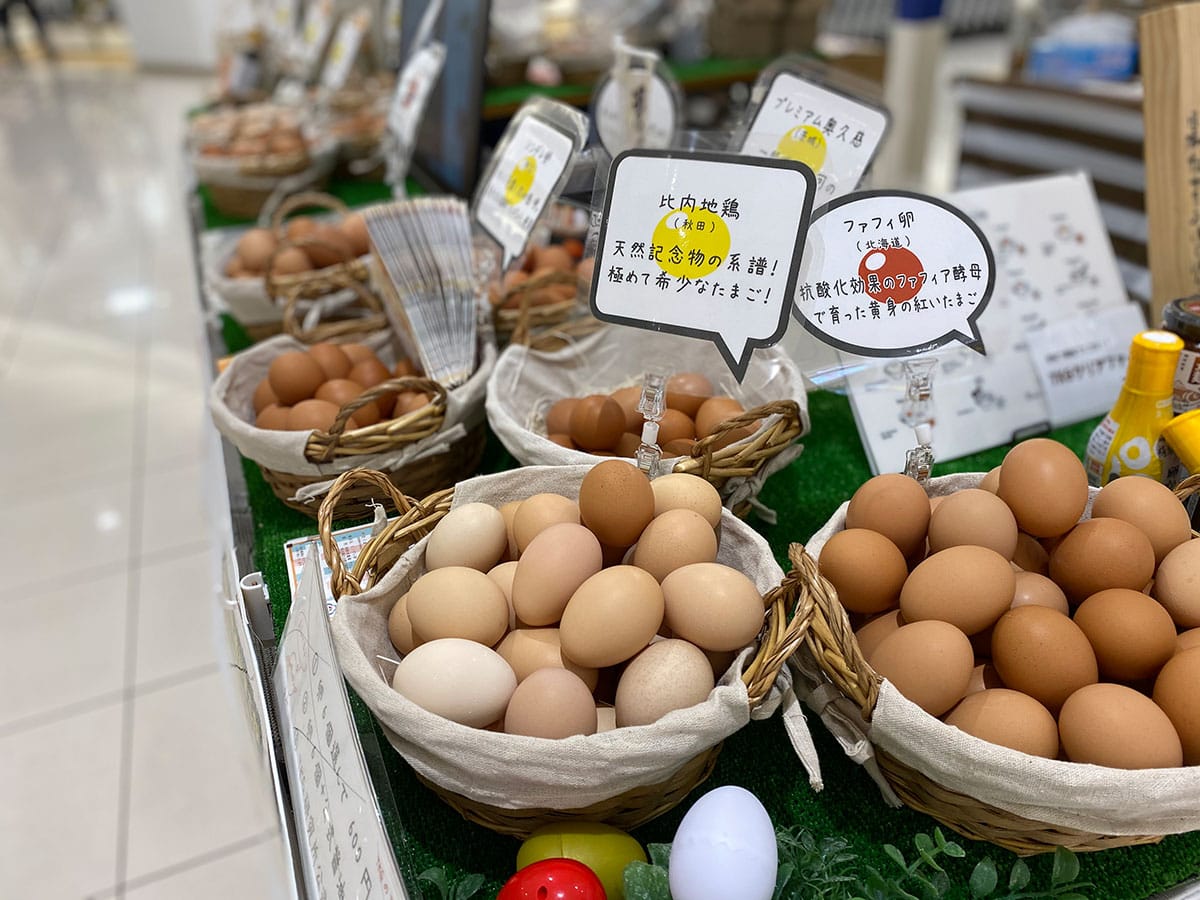
Source: © Socialwire Co., Ltd.
Discover exceptional eggs from all over Japan during gourmet egg market at Tokyo Station
- Tags:
- Egg / Eggs / market / Tokyo Station
Related Article
-
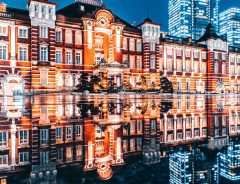
Photographer captures stunningly gorgeous photoshoot of Tokyo Station during a typhoon
-
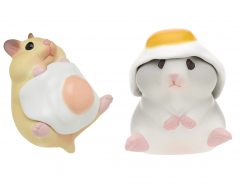
“Ham and Egg” hamster capsule toys make a cute comeback
-
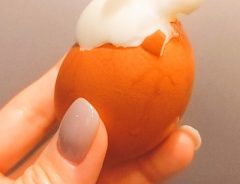
Adorable “miracle bunny” born from egg in Japan
-
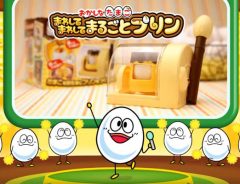
The Japanese Commercial Jingle That Will Never Leave Your Head
-
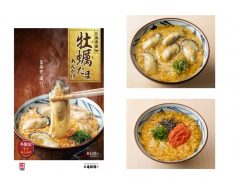
Marugame Seimen’s Kaki Tama Ankake Udon is Now on Sale
-
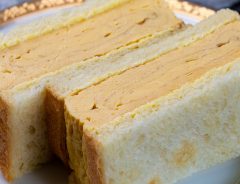
These delicious Japanese egg sandwiches contain a surprising ingredient [recipe]


Japan takes its eggs seriously. Of course, you can buy cheap eggs at the supermarket costing between 15 to 20 yen apiece, but you can also find free-range, organic, and many other kinds of eggs grown with special care, fed special feed, and so on, resulting in eggs which can easily cost over 100 yen apiece. The most expensive egg, Kotobuki, grown by Akua Farms, costs 532 JPY apiece.
If you're curious about this amazing variety of premium eggs available in Japan, you have an opportunity to discover them for yourself during a special egg fair to be held for 17 days from today, August 18th to September 3rd in Tokyo Station.
This fair will be the first one of its kind held at such a major location. The Tamagokakegohan Research Center 一般社団法人卵かけごはん研究所 had been holding regular markets called 幻の卵屋さん Maboroshi no Tamagoya-san (The Ephemeral Egg Shop) in the Sugamo neighborhood of Tokyo to assist regional egg farmers whose delivery chain had been negatively affected by the pandemic.
Between 10:00 and 21:00, the Maboroshi no Tamagoya-san will appear in front of the ecute shopping area near the Shinkansen South Transfer Gate. (They will be sharing the display space with the "National Boil-in-the-bag Curry Museum", so if you only see curry packages at first, rest assured that you're in the right area.)
A total of around 40 different egg varieties will be on sale during the fair, with 10 varieties on sale every day in a rotating schedule.
For an idea of the kind of eggs you'll find, here is a partial list:
© SocialWire Co., Ltd.
Listed in order of price from least to most expensive (prices may vary)
There will also be a nice selection of special soy sauces and condiments designed to go well with eggs in the popular dish of 卵かけご飯 tamagokake-gohan (often abbreviated as TKG), which is raw egg and soy sauce on rice.
© SocialWire Co., Ltd.
If you can't make it to Tokyo Station before September 3rd, the fair will be moving to Ikebukuro Station after that, so you'll still have a chance.